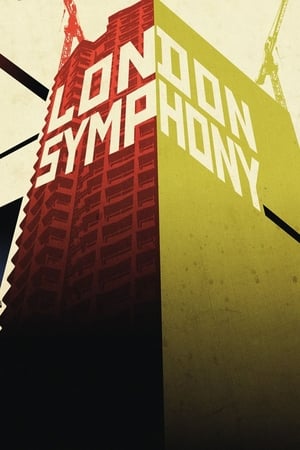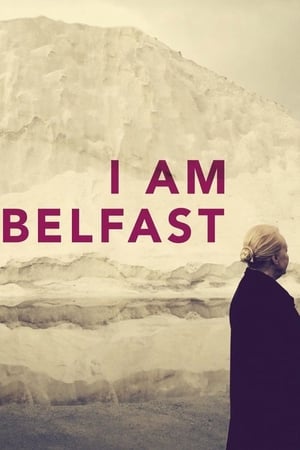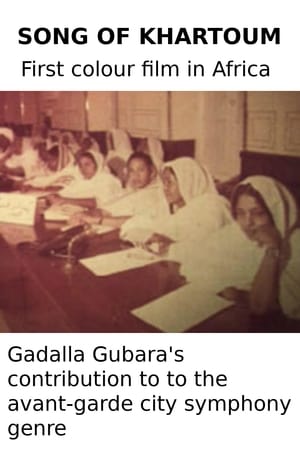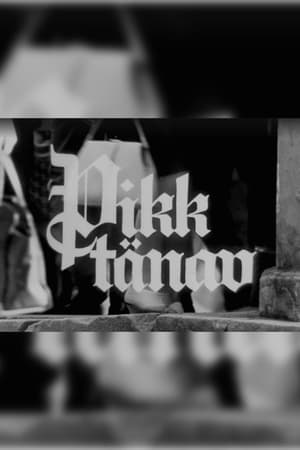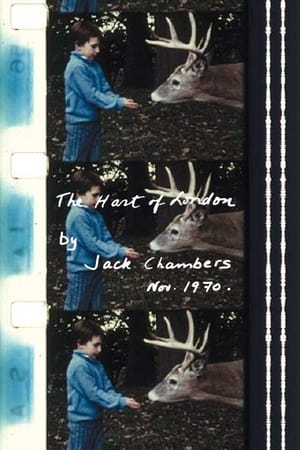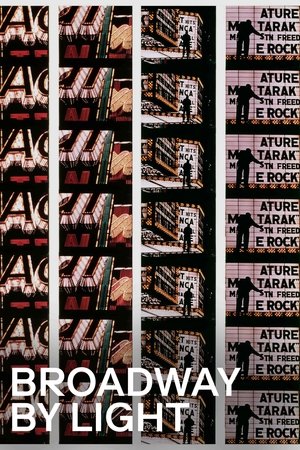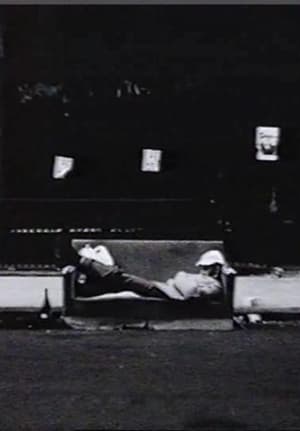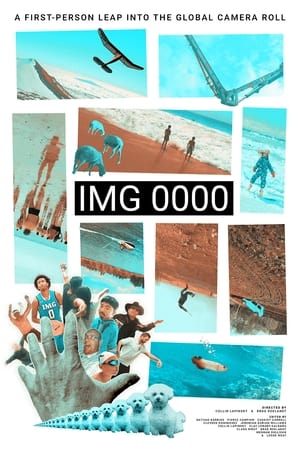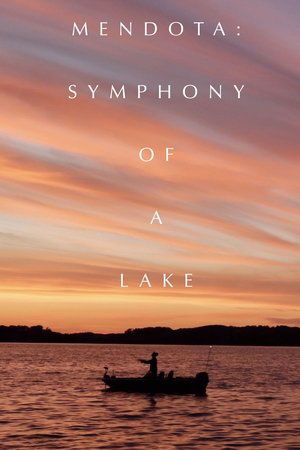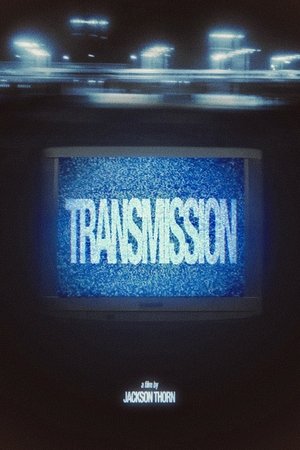Overview
An impressionistic short film celebrating Stockholm’s rhythms of life, blending images of its streets, waterways, people, and architecture into a visual “symphony.” Winner of the Academy Award (Oscar) for Best Short Subject, One-Reel in 1949 — the first Swedish film ever to receive an Oscar.
Reviews
I wonder in how many city centres could you find fishermen gently plying their trade with a catch caught from under the gaze of the Royal Palace? It’s that sort of image that this conveys as it takes us on a distinctly tourism-free trip of this gorgeous city. It’s not a sightseeing exercise, it consists more of a few stand-alone sequences that gradually lead us to a young lad who hasn’t quite appreciated that leaving his freshly caught sprats on the quay beside him was merely going to invite the pesky gulls! An artist sketches a scene that causes another to abandon his catch so he can spruce himself up a bit; some boys seek refuge from some others in an imposing church and a thunderstorm offers the tiniest of hope for a romance between a young couple sheltering in a doorway. It’s an observation of city life that could probably be anywhere, but as the lamplight sets in and the place settles down for the night, this proves to be an almost therapeutic glimpse at urban life and even though there is plenty going on, it’s oddly peaceful to watch.

 18 min
18 min
 6.9
6.9
 1947
1947
 Sweden
Sweden
 CinemaSerf wrote:
CinemaSerf wrote: